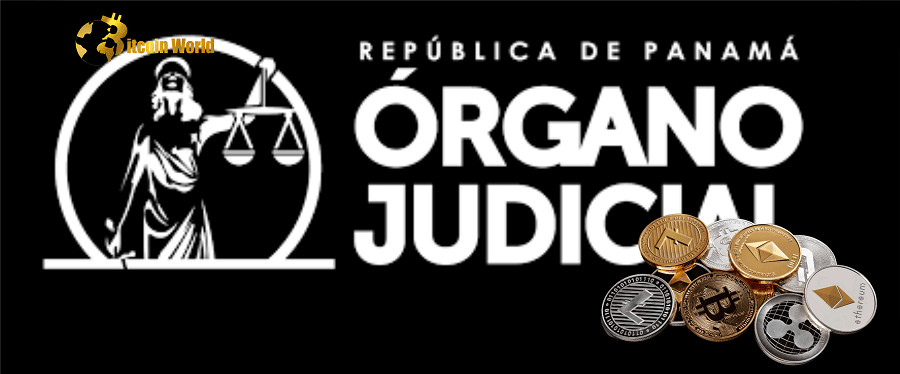The Supreme Court will now determine whether to deem the “crypto law” unenforceable or modify it.
The tale of Panama’s crypto law has entered a new chapter, with the country’s Supreme Court ready to rule on the future of the local crypto business.
Panamanian President Laurentino Cortizo referred the crypto law approved last year to the Supreme Court for reconsideration on Jan. 26, arguing it breaches the constitution’s essential values and is unenforceable.
The Supreme Court must now determine whether to deem Bill No. 697 unconstitutional or to adopt it with changes.
Articles 34 and 36 of the law, according to an official statement, are unenforceable because they violate the state’s separation of powers and establish administrative structures inside the government.
President Cortizo also claimed that the law was adopted insufficiently following his partial rejection of the legislation in June. At the time, the president said that the law needed additional work to meet new Financial Action Task Force standards aimed at boosting fiscal transparency and combatting money laundering.
This law has been the source of contention between Panama’s National Assembly and the government. Panama legislators backed a legislative proposal in April aimed at regulating cryptocurrencies in the country, including Bitcoin. President Cortizo, on the other hand, warned a few weeks later that he would not sign it unless further Anti-Money Laundering (AML) measures were included.
The legislation was submitted in September 2021, to make the country “compatible with the digital economy, blockchain, crypto assets, and the internet.” On April 21, it was moved out of the Economic Affairs Committee and adopted a few days later.
Panamanians “may freely agree on the use of crypto assets, including without limitation Bitcoin and Ethereum,” according to the legislation, as an alternative payment for “any civil or commercial operation.”
In addition, the measure would govern the tokenization of precious metals and the issue of digital currency. The government’s innovation authority would also investigate identity digitization using blockchain or distributed ledger technologies.














